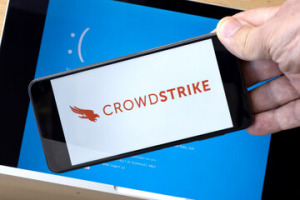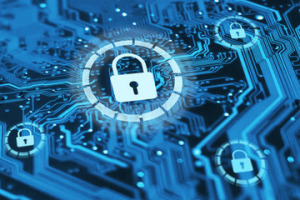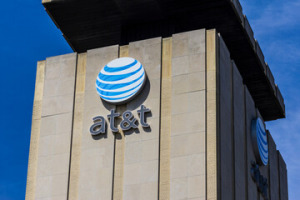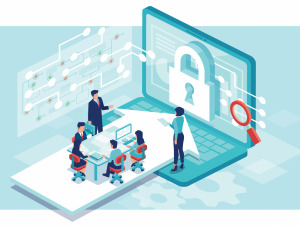
Congress grills CrowdStrike about multibillion-dollar July tech outage
The July technology failure shut down 911 call centers, handicapped hospitals and stranded airplane passengers around the world.

The July technology failure shut down 911 call centers, handicapped hospitals and stranded airplane passengers around the world.
Among airlines, Delta was by far the hardest hit hard by the outage, having to cancel thousands of flights, because key systems were crippled by the incident.

The outage caused days of widespread technological havoc, highlighting how much of the world depends on a few key providers of computing services and drawing the attention of regulators who want more details on what went wrong.

The scope of the disruptions has also caught the attention of government regulators, including antitrust enforcers, though it remains to be seen if they take action against the company.

Consumers reported losing about $10 billion to fraud in 2023, a 14% jump from 2022. Online shopping scams were the second most-reported form of fraud.

AutoNation said that certain ancillary services are still limited or unavailable, including those that help automate ordering, scheduling, payment and reporting processes.

Approximately 109 million customer accounts were impacted, according to AT&T, which said that it currently doesn’t believe that the data is publicly available.

CDK suffered two cyberattacks that forced its systems offline for days, slowing down everything from scheduling, service repairs, parts deliveries and car purchases at auto dealerships in both the U.S. and Canada.

CDK Global, a company that provides software for thousands of auto dealers in the U.S. and Canada, was hit by back-to-back cyberattacks Wednesday. That led to an outage that has continued to impact operations.

For prospective car buyers, that may mean delays at dealerships or vehicle orders written up by hand, with no immediate end in sight.

Ascension, the largest Catholic health system in the United States, was hit May 8 by a cyberattack that hindered computer access across the system and affected patient care.

The House Homeland Security Committee grilled Microsoft President Brad Smith on Thursday about the software giant’s plans to improve its security after devastating hacks reached into federal officials’ email accounts, challenging the company’s fitness as a dominant government contractor.

Cybercriminals used Yunhe Wang’s network of zombie residential computers to steal “billions of dollars from financial institutions, credit card issuers and accountholders, and federal lending programs since 2014,” according to an indictment.

The Tech Diplomacy Academy offers subscribers a series of one-hour courses led by Purdue faculty about such topics as hypersonics, cybersecurity, robotics and neural networks.

The Environmental Protection Agency on Monday issued an alert urging water systems to take immediate actions to protect the nation’s drinking water.

The 840-bed Ascension St. Vincent Hospital in Indianapolis is among the facilities feeling the effects of the cyberattack.

One of the big challenges with data security is keeping in compliance with the Indiana Rules of Professional Conduct, which deal with confidentiality of information in the attorney-client relationship.

Several victims have filed lawsuits against Otolaryngology Associates, saying the practice waited about six weeks to inform victims of the data breach.
A Feb. 21 cyberattack against a Nashville, Tennessee-based medical-billing clearinghouse sent shock waves across Indiana’s health care system.

The U.S. government said Thursday that Russian government hackers who recently stole Microsoft corporate emails had obtained passwords and other secret material that might allow them to breach multiple U.S. agencies.